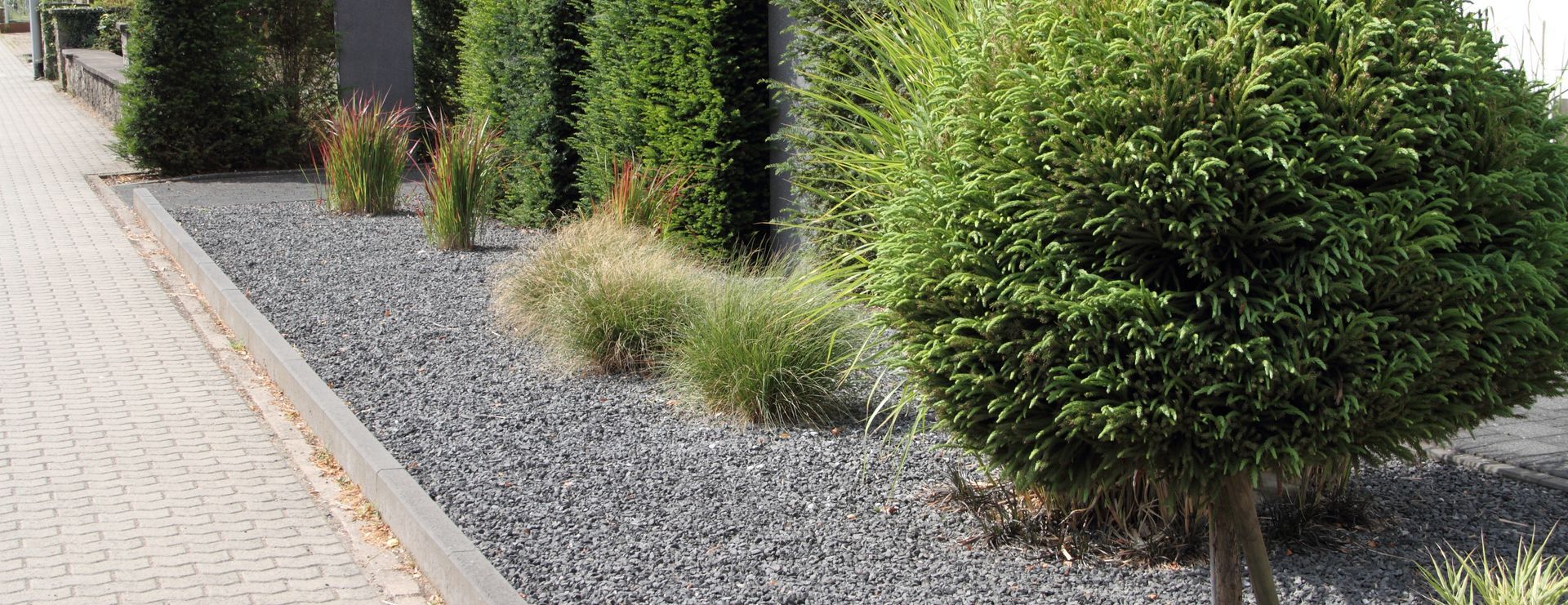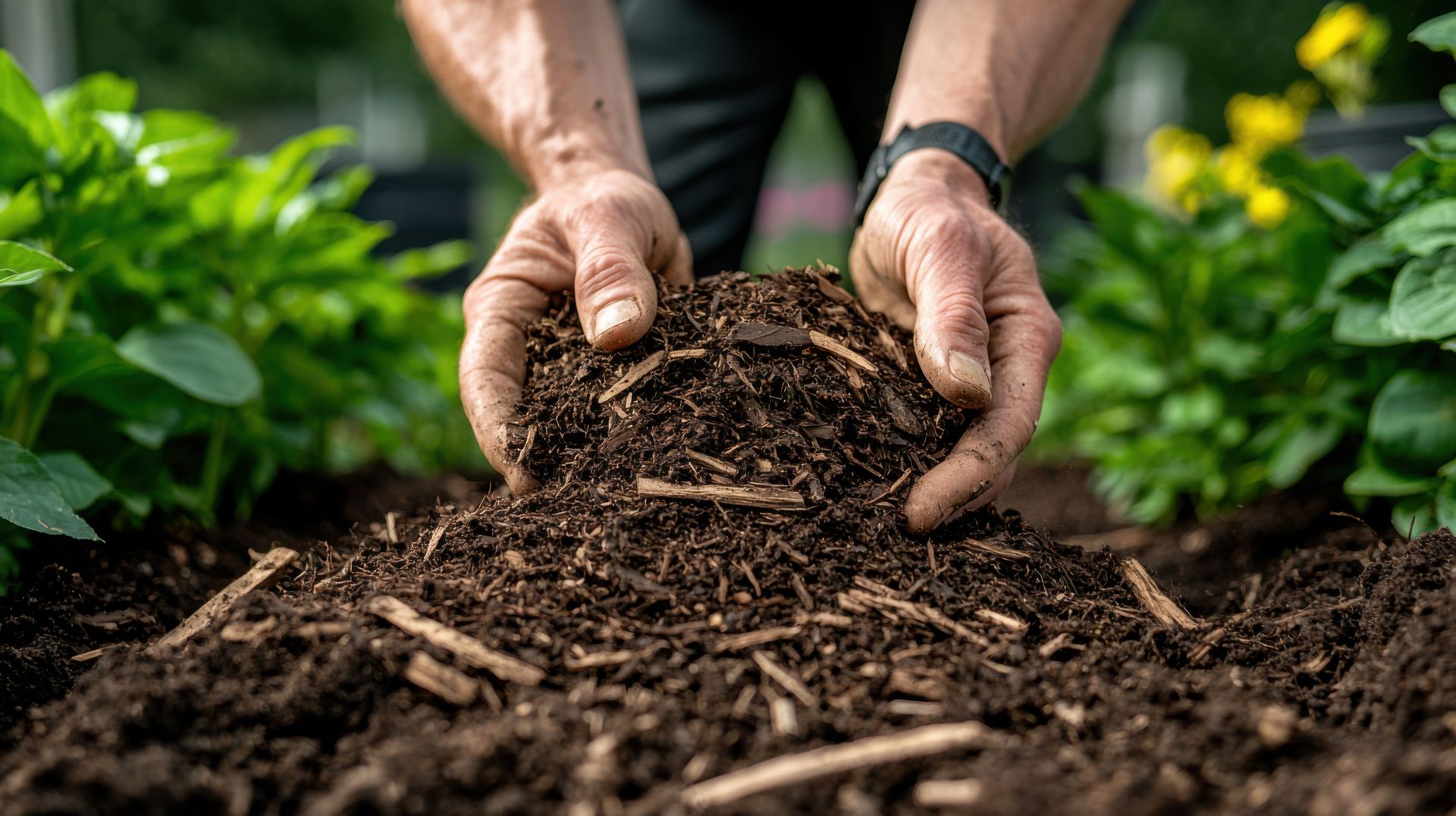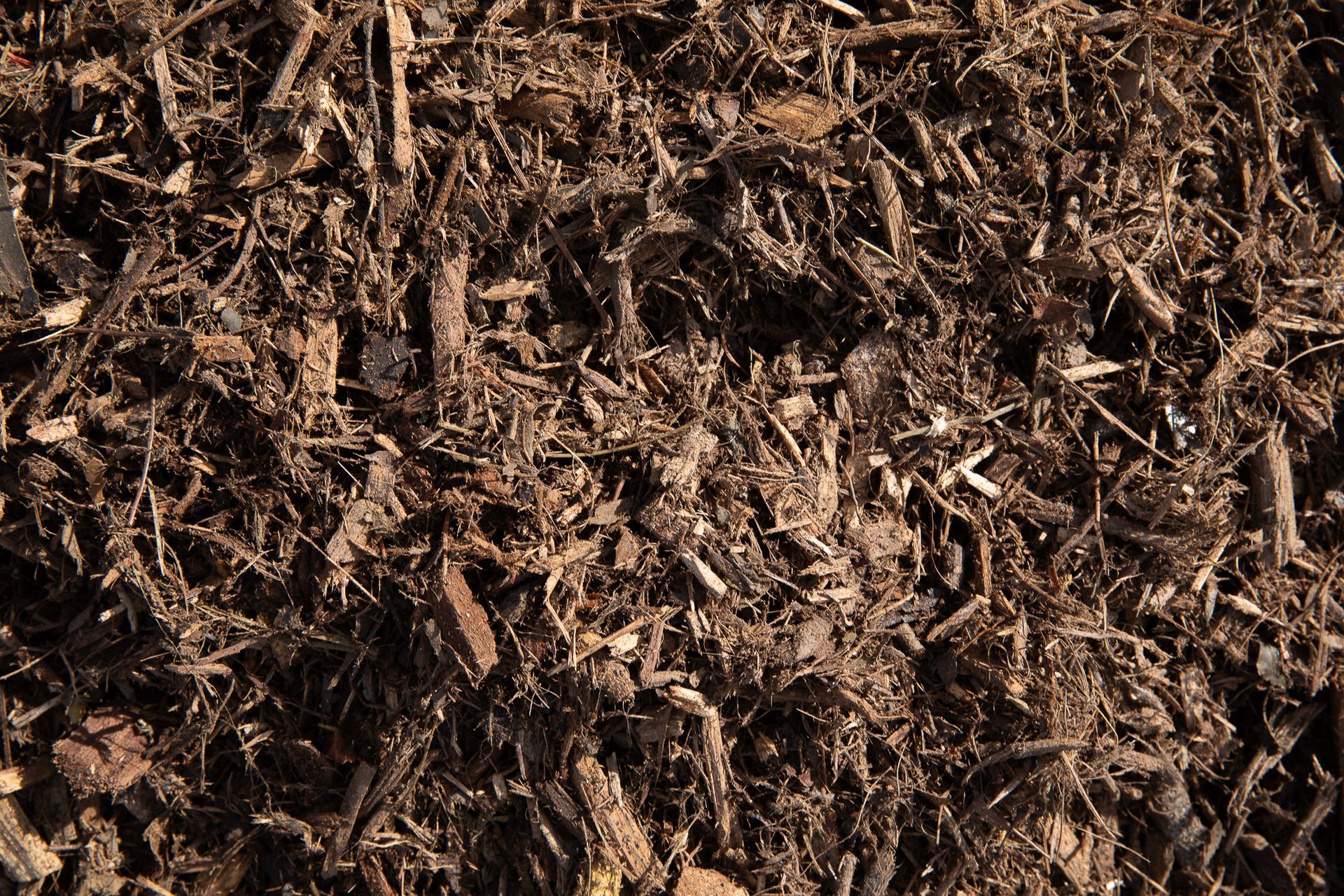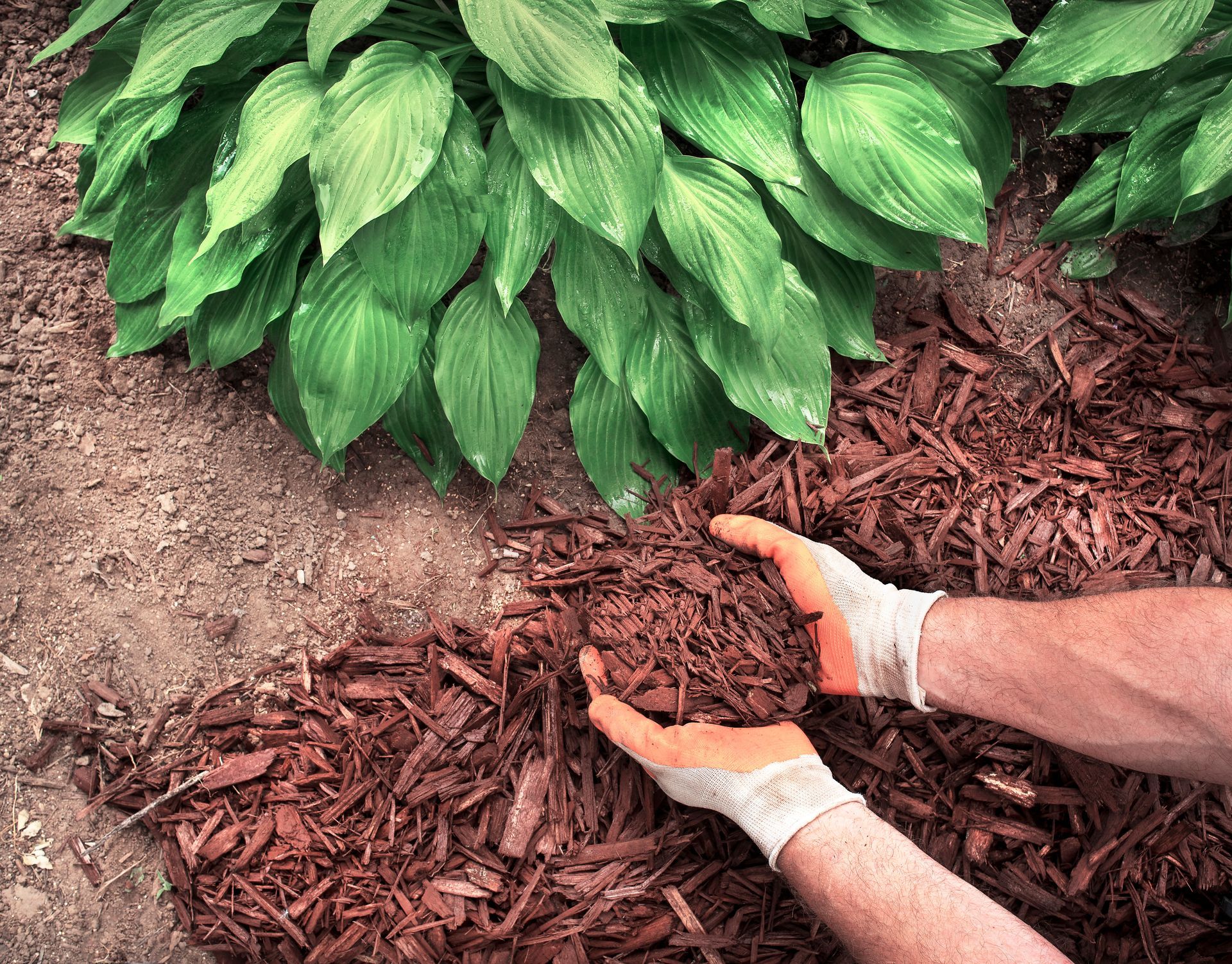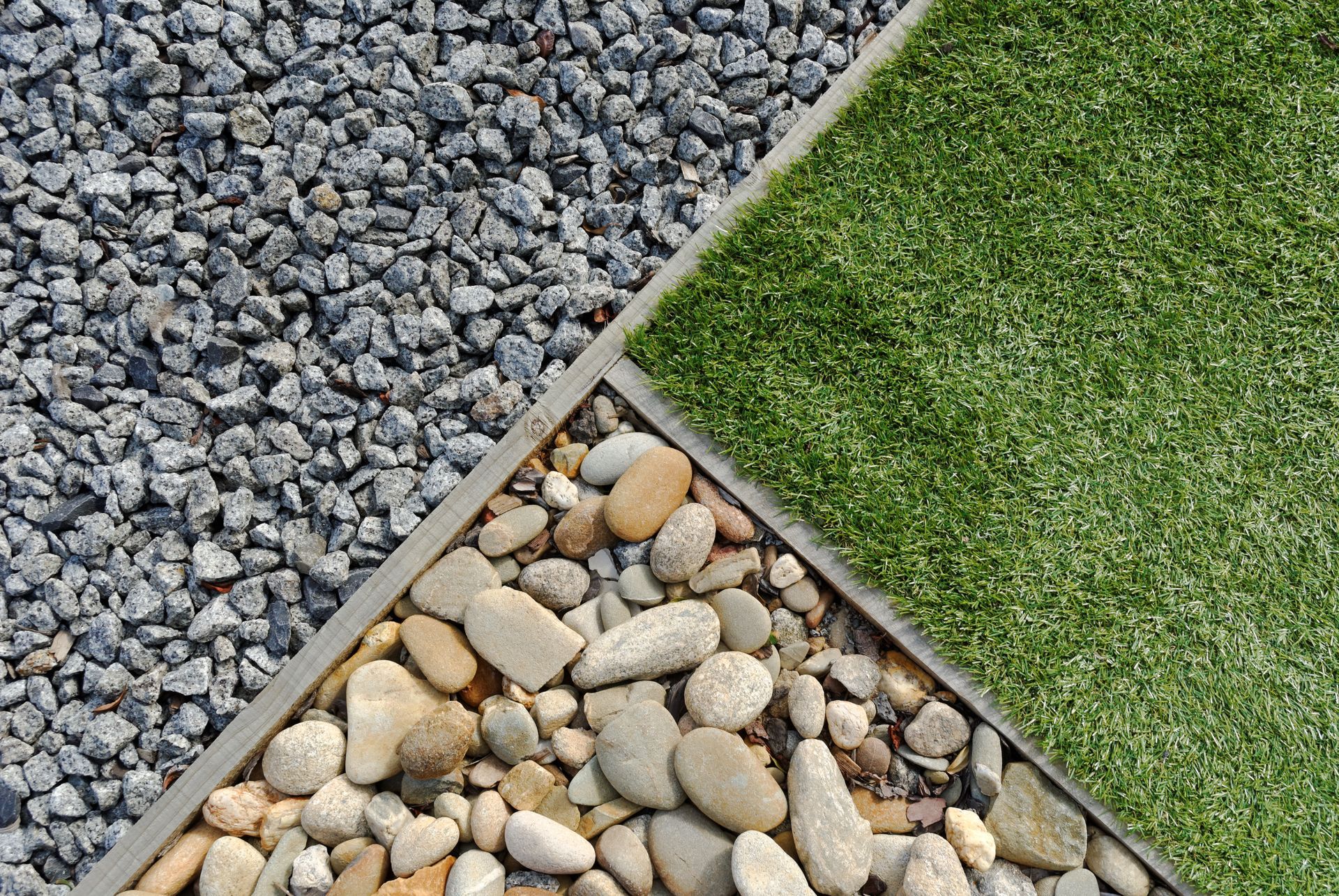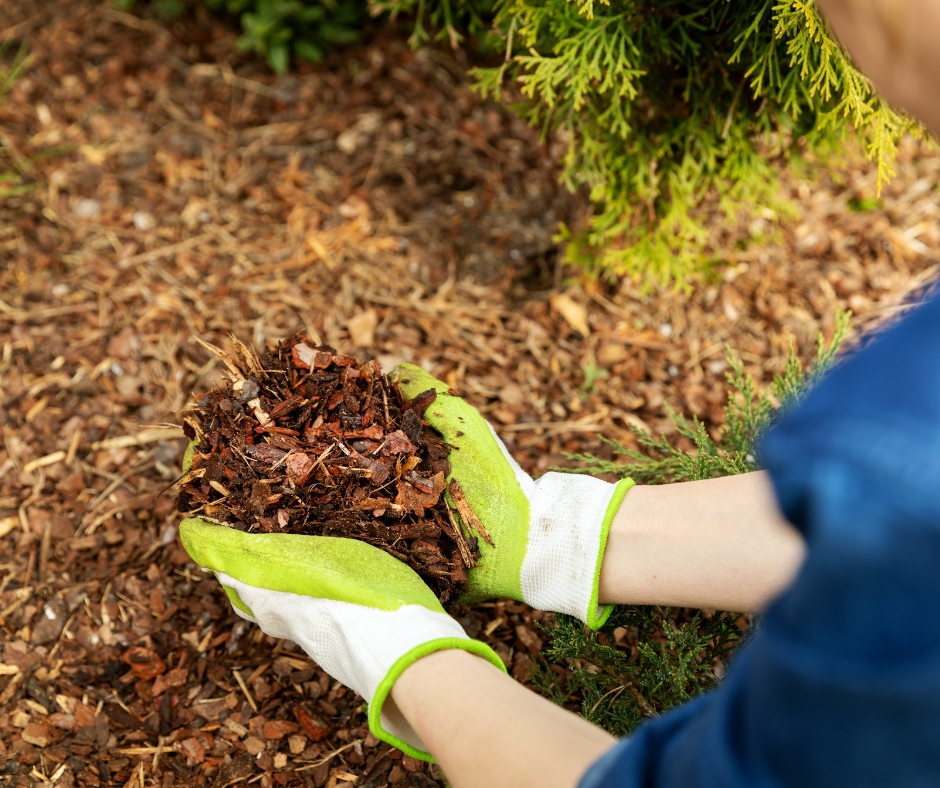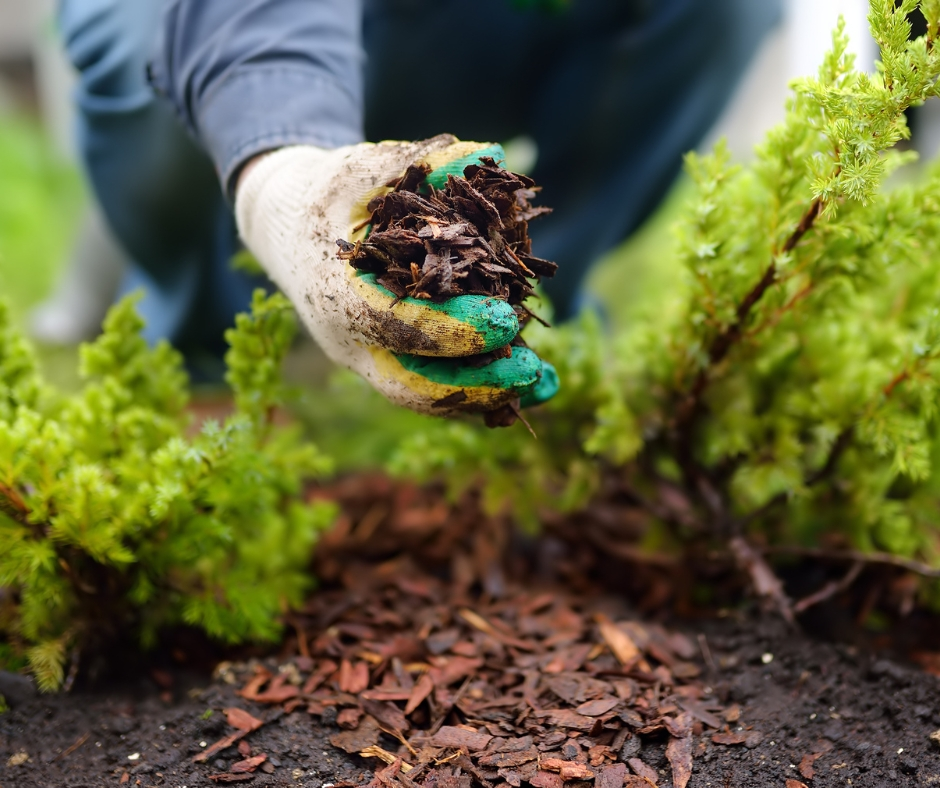How to Select the Right Landscape Materials for Every Season
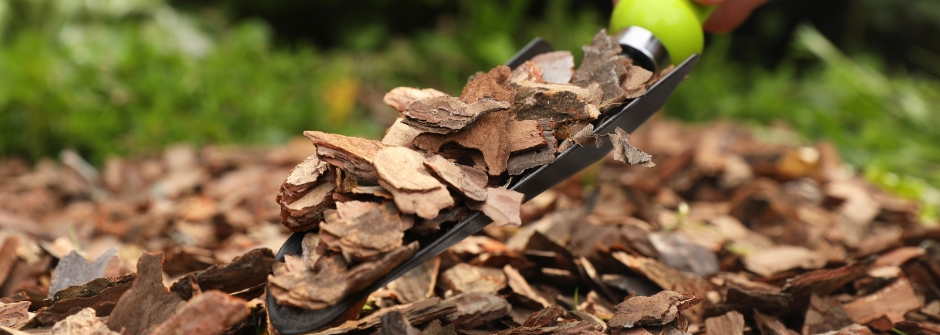
Creating a picturesque landscape that thrives throughout the year involves more than just picking out your favorite plants and decorations; it requires careful consideration of the materials you use in every season. Whether you're a seasoned landscaper or a novice gardener, understanding how to select the right landscape materials for each season is crucial for maintaining a vibrant and healthy outdoor space. In this blog post, we'll guide you through the essentials of choosing the perfect materials to enhance your garden's beauty and sustainability, no matter the season.
Spring: The Season of Renewal
Spring is a time of growth and rejuvenation, making it the perfect opportunity to prepare your landscape for the vibrant months ahead. Start by selecting high-quality, nutrient-rich topsoil and compost to encourage healthy plant growth. Mulch is another essential material; it helps retain soil moisture and regulates temperature, which can be particularly beneficial during the unpredictable spring weather. Opt for organic mulches like shredded bark or straw to add a natural touch to your garden beds.
Summer: Embracing the Heat
As temperatures rise, choosing materials that can withstand the heat and provide adequate support to your plants is essential. Consider using lighter-colored mulches to reflect sunlight and keep the soil cool. Drought-resistant plants are a must for reducing water usage, and incorporating stone or gravel can create a heat-tolerant landscape design. These materials do not only add texture and color but also facilitate drainage and minimize erosion, keeping your garden in top shape throughout the season.
Autumn: Preparation for Rest
Autumn is the season to prepare your landscape for the colder months ahead. It's the perfect time to apply a fresh layer of mulch to protect plant roots from freezing temperatures and to add organic matter to the soil as it decomposes over winter. Consider using heavier materials like wood chips or bark mulch, which are less likely to be blown away by autumn winds. This is also an excellent season to introduce hardscaping elements, such as stone walkways or retaining walls, that can provide structure and interest to your landscape even as the plant life begins to retreat.
Winter: Protecting Your Landscape
Winter landscapes can be just as beautiful as those in warmer seasons, but they require materials that can protect and enhance your garden's dormant beauty. Burlap wraps can protect delicate shrubs and trees from harsh winds and heavy snow. Evergreen plants add color and life to an otherwise barren landscape, while hardscape elements like rocks, boulders, and pavers provide visual interest and help define spaces when plants are not in peak bloom.
Year-Round Considerations
No matter the season, certain landscape materials are always beneficial. Quality irrigation systems ensure your plants receive the hydration they need without wastage, and LED landscape lighting can highlight your garden's features, providing beauty and security year-round. Additionally, choosing sustainable and eco-friendly materials whenever possible not only benefits your garden but also the environment.
Conclusion
Selecting the right landscape materials for each season can seem daunting, but with a little knowledge and preparation, you can create a thriving, beautiful outdoor space that lasts all year. Remember, the key to a successful landscape is not just the beauty that meets the eye but also the quality and sustainability of the materials used. For those looking to embark on their next landscaping project or in need of high-quality materials, look no further than North County Supply. With a wide selection of top-tier landscape supplies suitable for every season, North County Supply is your go-to source for all your landscaping needs. Visit our website to explore our products and transform your outdoor space today.

